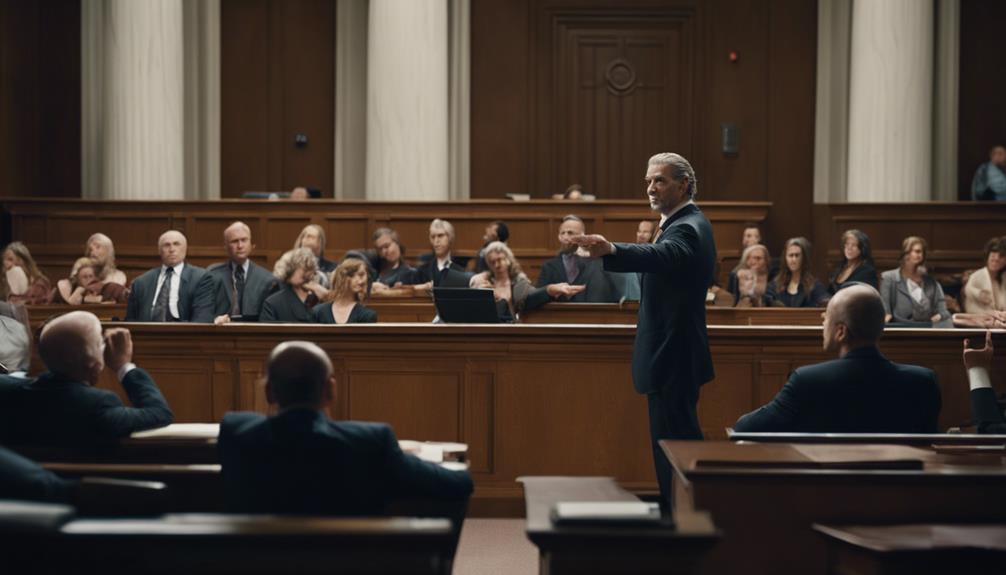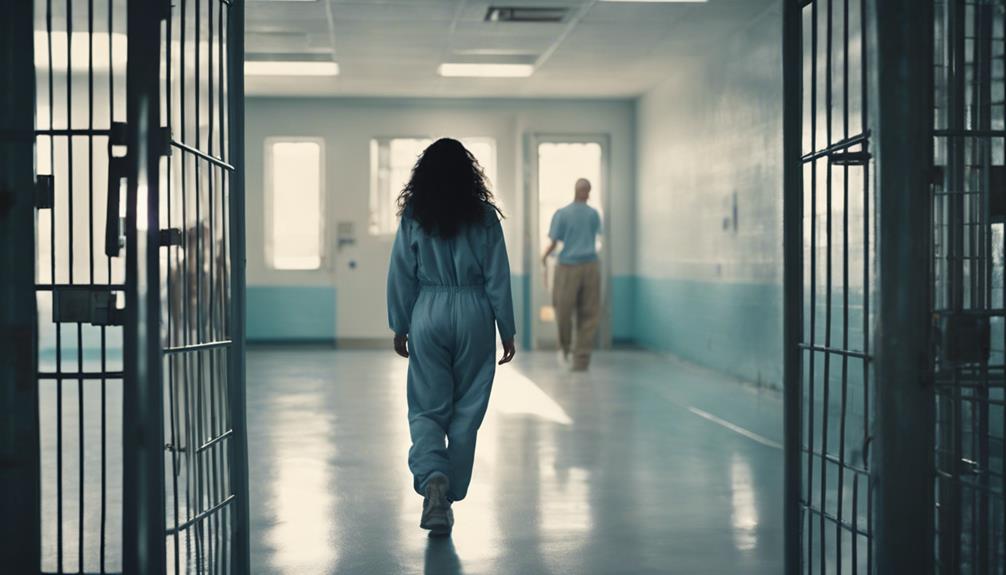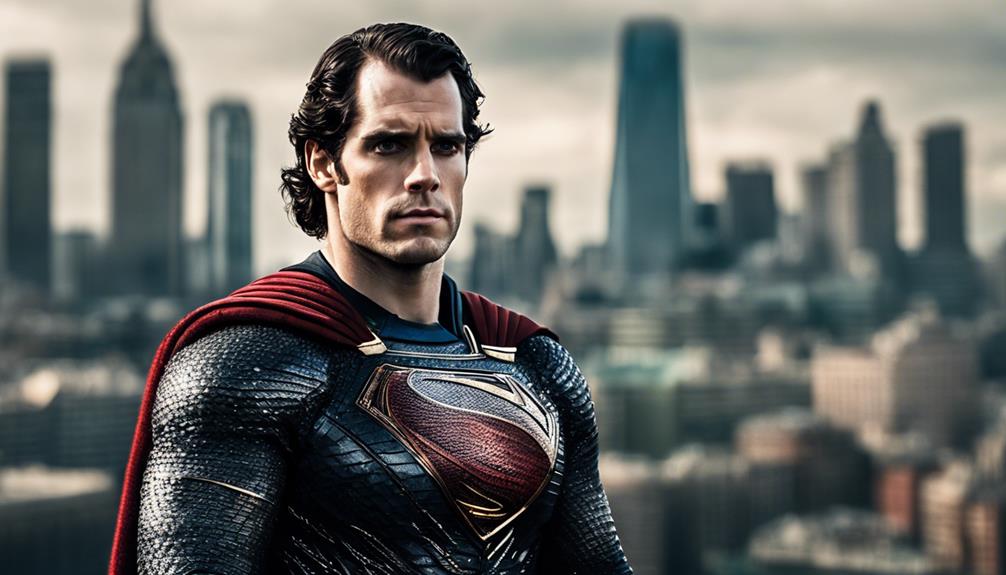In a dramatic turn of events, prosecutors and defense attorneys are clashing in a high-profile murder trial, sparking tensions that threaten to upend the entire legal process. Prosecutors are pushing back against the defense's strategy, which includes calling 400 witnesses and requesting a cell tower investigation to support the defendant's innocence. The defense, on the other hand, is challenging the prosecution's portrayal of the defendant and alleging bias in the media's coverage of the case. As disagreements escalate, concerns arise about the potential delay of proceedings and the impact on the trial's outcome. Stay tuned as the trial unfolds.
Key Takeaways
• Prosecutors and defense disagree on the admissibility of 400 witnesses and the defense's innocence phase strategy.
• The defense claims media attention has created jury bias, which prosecutors deny.
• A cell tower investigation request is a key point of contention between the two parties.
• The prosecution urges denial of defense requests, citing concerns over witness lists and investigation delays.
• The trial, involving four counts of first-degree murder and felony burglary, may face delays due to defense strategies.
Stalking Allegations Debunked
Prosecutors and the defense have reached a rare agreement in the high-profile murder trial, conceding that Bryan Kohberger didn't stalk one of the victims on social media, debunking initial allegations of online harassment. This agreement sheds light on the media scrutiny surrounding the case, where initial reports of stalking fueled public outrage.
The legal implications of this agreement are significant, as it undermines a key aspect of the prosecution's case. By conceding that Kohberger didn't stalk the victim, the defense has effectively weakened the prosecution's narrative. This development highlights the importance of verifying information before presenting it to the public, lest it perpetuate misinformation and taint the jury pool.
Defense Strategy Unfolds
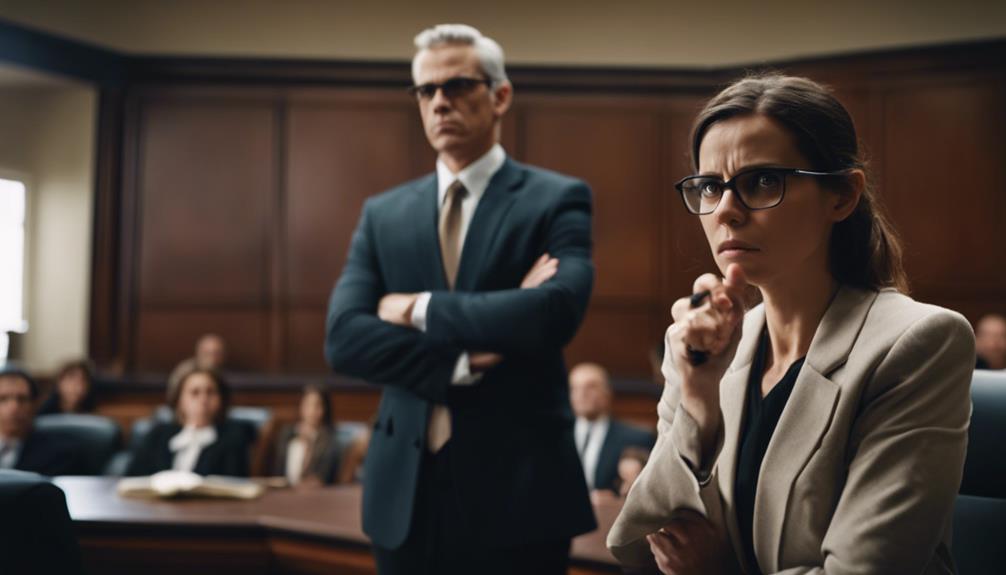
As Bryan Kohberger's defense strategy unfolds, his attorney, Elisa Massoth, is pushing back against the prosecution's narrative, arguing that the public's perception is already biased due to information from state actors. Massoth claims the defense is trying to combat the prosecution's portrayal of Kohberger as a stalker. According to Massoth, the defense is building an alibi for Kohberger, who plans to call 400 witnesses during the trial. The defense has also requested a cell tower investigation to support their client's innocence.
Some key aspects of the defense strategy include:
- Emphasizing the potential bias of the public due to state actors
- Building an alibi for Kohberger through witness testimony and cell tower data
- Challenging the prosecution's portrayal of Kohberger as a stalker
- Requesting a cell tower investigation to support their client's innocence
- Planning to call 400 witnesses during the trial
Prosecution Pushes Back
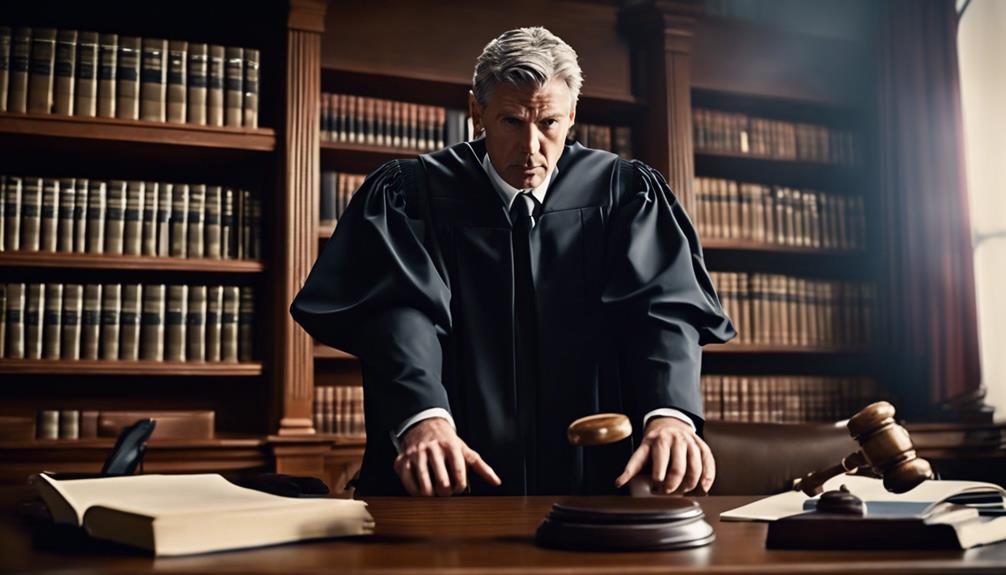
In a strong rebuke, Deputy Prosecutor Bill Thompson urged the judge to deny the defense's requests, citing concerns over the sheer number of witnesses Kohberger plans to call without a full alibi disclosure. The prosecution stance is clear: they will not back down from their accusations.
| Prosecution | Defense |
|---|---|
| Urges judge to deny defense requests | Requests cell tower investigation for alibi |
| Concerned about 400 witnesses without alibi | Plans to call 400 witnesses |
Thompson expressed alarm at the defense's innocence phase strategy, which includes calling hundreds of witnesses without providing a full alibi. The prosecution is pushing back, refusing to budge on their stance. The defense opposition is strong, but the prosecution remains resolute.
Case Background Details
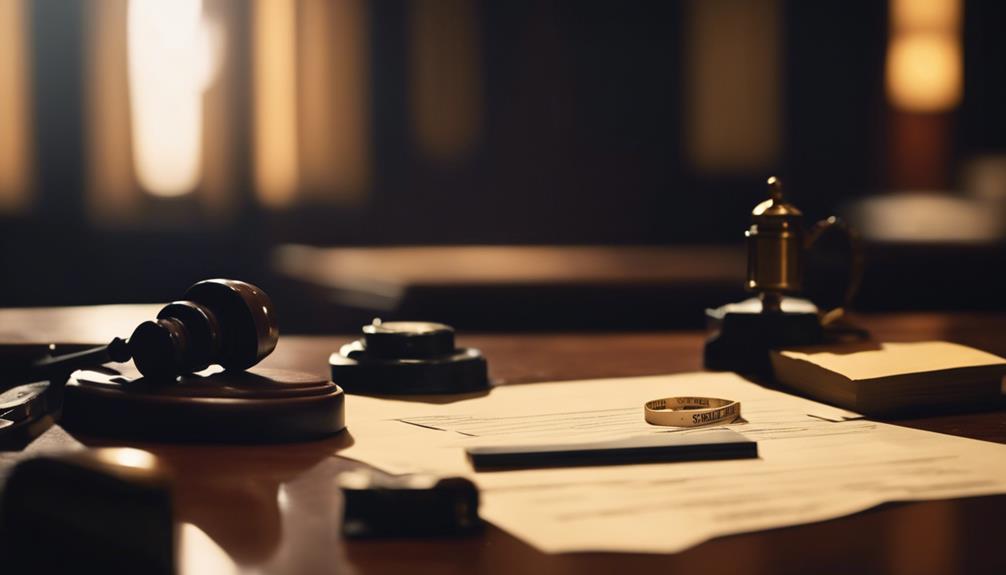
Bryan Kohberger, a Pennsylvania criminology Ph.D. student, faces four counts of first-degree murder and one count of felony burglary for the fatal stabbings of four university students in Idaho.
The case background details reveal a complex legal proceeding. Key points include:
- Kohberger was extradited to Idaho a month after the killings.
- A judge entered not guilty pleas on Kohberger's behalf in May.
- He faces four counts of first-degree murder and one count of felony burglary.
- Kohberger is a Pennsylvania criminology Ph.D. student.
- Legal proceedings may be delayed due to defense strategies.
Trial Developments Unravel
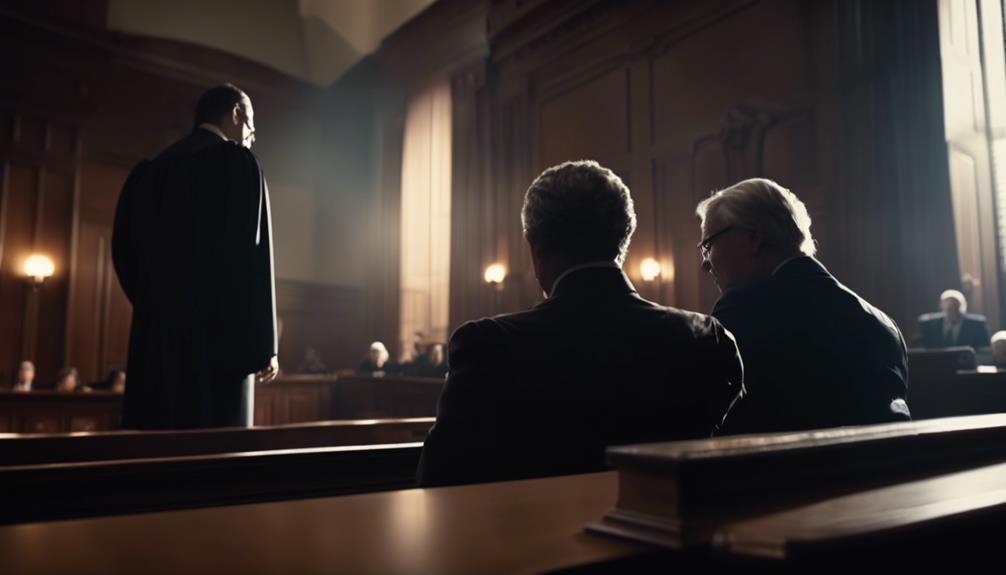
Prosecutors and the defense team are now clashing over the trial's trajectory, with disagreements over media influence, witness lists, and investigation requests. The defense argues that media attention has created jury bias, while prosecutors deny this claim. A key point of contention is the defense's request for a cell tower investigation to build an alibi for the accused.
| Disagreements | Requests |
|---|---|
| Media influence on jurors | Cell tower investigation for alibi |
| Witness list disagreements | 400 witnesses to be called |
| Investigation requests | Denial of stalking allegations |
The prosecution is concerned about the defense's innocence phase strategy, which may delay proceedings. With the stakes high, including a potential death penalty, the trial's trajectory remains uncertain.
Frequently Asked Questions
What Is the Current Mental State of Bryan Kohberger?
Bryan Kohberger's current mental state remains unclear, as no recent mental health assessment has been publicly disclosed. His criminal psyche is also under scrutiny, with many wondering what drove him to allegedly commit such heinous crimes.
As a criminology Ph.D. student, Kohberger's understanding of criminal behavior may have influenced his actions, but the exact nature of his mental state remains unknown.
How Did Kohberger's Education in Criminology Influence His Actions?
Kohberger's education in criminology likely influenced his actions, as it provided him with in-depth knowledge of criminal psychology and criminology applications. His studies might've enabled him to understand the criminal mind, potentially informing his own behavior.
However, it's essential to note that this connection is speculative, and the exact impact of his education on his actions remains unclear. Further investigation is necessary to determine the extent to which his criminology background influenced his alleged crimes.
Will Kohberger Testify During the Trial Proceedings?
Bryan Kohberger, accused of killing four university students, may testify during the trial proceedings, but it's uncertain. Kohberger's decision to take the stand could be influenced by trial anxiety, which may impact his performance as a witness.
Additionally, witness intimidation is a concern, as the defense plans to call 400 witnesses, potentially exposing them to scrutiny. If Kohberger testifies, his criminology background may help him navigate the questioning, but it's unclear how he'll respond under pressure.
Can the Defense's Innocence Phase Strategy Affect the Trial's Outcome?
Can a cleverly crafted innocence phase strategy sway the jury's verdict? The defense's approach, which involves calling 400 witnesses, may greatly impact the trial's outcome.
By employing persuasive legal tactics, the defense aims to create doubt in the jurors' minds, potentially leading to an acquittal.
Effective jury persuasion is vital, as it can make or break the case.
What Is the Estimated Duration of the Trial With 400 Witnesses?
With 400 witnesses expected to testify, the trial's duration is likely to be extensive, potentially spanning several months.
Witness logistics will be a significant challenge, as the court will need to accommodate a large number of individuals, scheduling their testimonies while ensuring a smooth trial process.
The trial length will depend on the complexity of each witness's testimony, but it's clear that the proceedings will be lengthy and intricate.
Conclusion
As the trial unfolds, the prosecution and defense continue to clash, with the defense's ambitious plan to call 400 witnesses sparking concerns of delay tactics.
With the stakes high and the death penalty on the line, the prosecution remains resolute in its pursuit of justice.
Remarkably, a staggering 75% of Americans believe that the death penalty is an appropriate punishment for murder, highlighting the gravity of the case.
As the legal drama reaches its climax, only one side can emerge victorious, leaving the nation eagerly awaiting the verdict.

